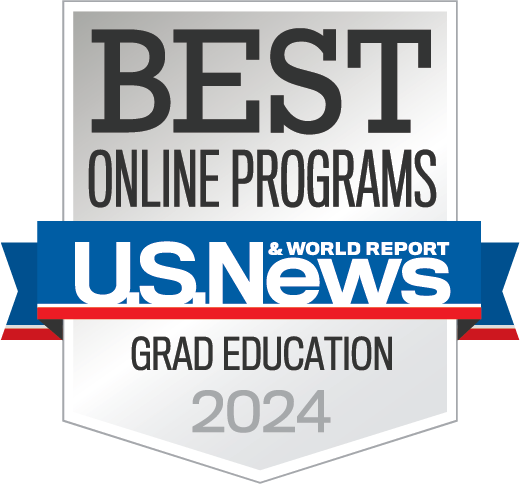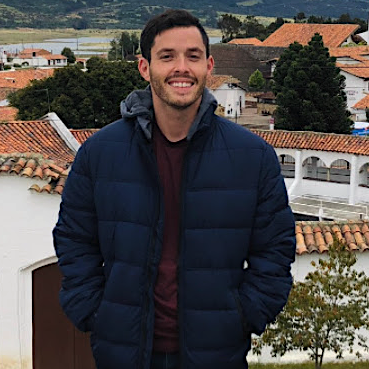
David Acevedo was born in Bogotá, Colombia, and was raised in Weston, Florida. He earned a B.A. in History and a B.S. in Secondary Education from the University of South Florida and an M.C.I. from Florida International University. His academic interests focus on the Latine student experience at the grade-school level. As a former high school teacher, David taught Advanced Placement U.S. History and Advanced Placement World History in Miami-Dade County. At the University of Florida, David has taught Social Studies for Diverse Learners (SSE4312) and has been a supervisor for the social studies (ESE6945) and the elementary education (EDE 4942) practicum programs. David recently presented research on the Miami-Dade County Public Schools high school U.S. History pacing guides’ nullification of U.S. Latines at the College and University Faculty Assembly conference in 2021. In his ongoing research, David is working to create a Latine-student group at a public high school in Gainesville, Florida with a focus on ethnic empowerment, community building, and student dialogue.
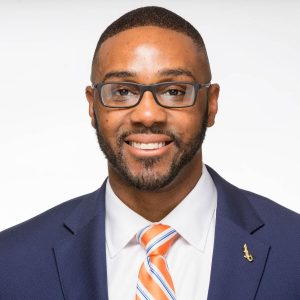
Will Atkins hails from Tampa, Florida. He earned a B.S. in Recreation, Parks, and Tourism from the University of Florida, and an M.A. in Higher Education Administration from the University of Michigan – Ann Arbor. Will’s academic interests include the history of social movements and student activism on college campuses, and Black student experiences in higher education. He is currently focusing on social foundations of education with the advising of Dr. Sevan Terzian. Will’s research agenda centers the experiences and histories of Black students in higher education through the lens of race and gender. He is collecting and exploring oral histories of Black women in higher education, across the civil rights and Black power movements, to understand their varying approaches to student activism. In addition to school, Will works as a student affairs practitioner at UF. He appreciates being able to connect his academic and professional experiences to understand how higher education institutions can serve students better.
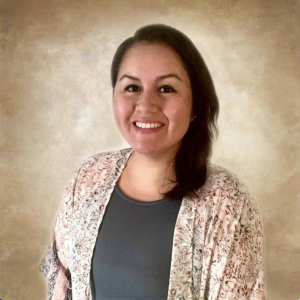
Priscilla Bell was born in New York and raised in Florida. She attended the University of Florida for her undergraduate work where she earned a B.A. in Sociology with a minor in Family, Youth, and Community Sciences. During her undergraduate tenure, she worked extensively with homeless youth and those who were at risk of educational failure. After graduation, she began her master’s studies in College Students Affairs at Penn State University where she concurrently served a year as an AmeriCorps Fellow working with the Upward Bound program, an initiative for low-income, first-generation students designed to increase the likelihood of (1) graduating from secondary school and (2)enrolling in as well as graduating from a higher education institution. After graduating from her Master’s program in 2011, Priscilla spent several years working in the field of college access and first-generation student support before returning to UF to continue her studies. She is currently a doctoral candidate in the Teachers, Schools, and Society Program, and her interests toggle the K-12 and Higher Education boundaries. Specifically, her research interests include supporting the access to and retention in higher education for first-generation, low-income, students of color.
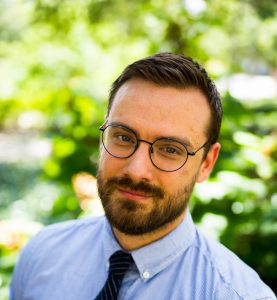
Ryan Braun is from Topeka, Kansas. His academic interests include history of education, school violence, and masculinity studies. After completing his undergraduate degree in English from Washburn University in 2014, Ryan began a master’s program in Education at the University of Kansas, where he also worked as an academic advisor and career coach. In 2016 he began working at the University of Florida as an academic advisor and in 2017 began his doctoral studies under Dr. Sevan Terzian in the School of Teaching and Learning, with an emphasis in Teachers, Schools, and Society. Ryan is currently a lecturer in the College of Liberal Arts and Sciences at UF and the Director of the Beyond120 Program, which helps undergraduates translate their academic development into career success.
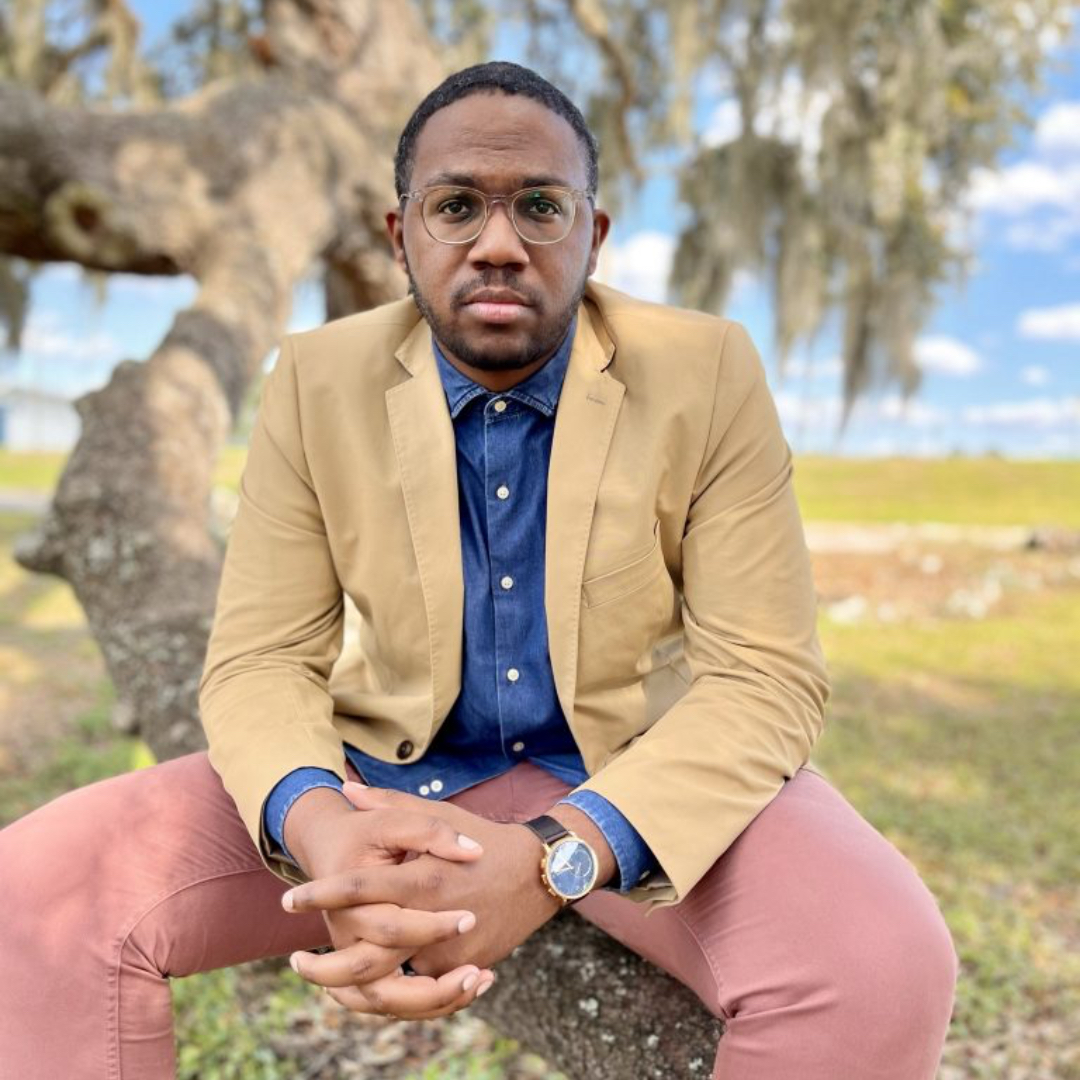
Matthew Cowley hails originally from Dothan, AL. His academic interests include critical theories of race, critical university studies, social foundations of higher education, teaching and learning in higher education, career development/readiness. Matt earned a B.A. in Public Administration from Auburn University in 2011 and an M.Ed. in Administration of Higher Education from Auburn University in 2013. During his time at Auburn, Matthew was highly involved in various student organizations. Affecting positive change in his community through on-campus involvement spurred an interest in working in higher education administration. After graduating with his bachelor’s degree, Matthew pursued a master’s degree in higher education administration. During this time, Matthew was the inaugural graduate assistant in the Office of Professional & Career Development within Auburn University’s Raymond J. Harbert College of Business. In this role, Matthew developed a passion for career coaching for postgraduation success. After graduating with his master’s degree in 2013, he joined the Career Connections Center (C3) at the University of Florida – partnering with employers to co-create career and professional development programs for students. Currently, serves as an Associate Director in the C3 – overseeing the strategy and implementation of the C3’s vision for student engagement within colleges/departments across the university. As a doctoral candidate in Curriculum & Instruction at the University of Florida, Matthew’s scholarship examines the intersections of race(ism) and higher education policy, curriculum, career development, and postgraduation outcomes.
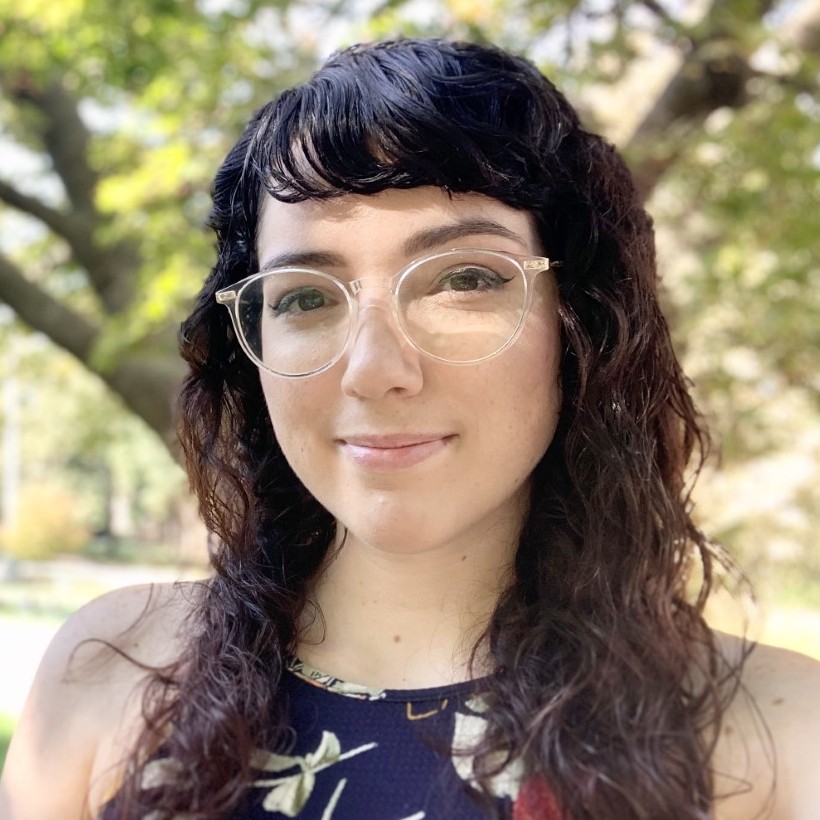
Erika Davis is originally from Allentown, Pennsylvania. She earned a B.A. in Mathematics (2013) and an M.Ed. in Secondary Mathematics Education (2014) from Lehigh University, where she worked several years with the university’s Community Service Office. During her student teaching experience, Erika realized that her passion lies in working closely with communities to advocate for more equitable access to educational resources, both inside and outside of the classroom. She has worked as a Community School Coordinator at an elementary school and a site-supervisor at a community college. Both experiences enlightened her to challenges and possibilities of community advocacy. Since returning to school in 2017, Erika has pursued interdisciplinary research opportunities while earning an MA in Latin American Studies (with a focus on the experiences of Latinx students in US schools) and in her current role as a PhD candidate in Curriculum and Instruction. Her research includes content analyses rooted in Critical Race Theory of curricular standards and HSI grant funding proposals, as well as an ethnographic study of Latinx student experiences in summer school. Erika’s dissertation research will examine how well-established Latinx communities in small towns (such as Allentown) navigate racialized city politics to advocate for educational resources.
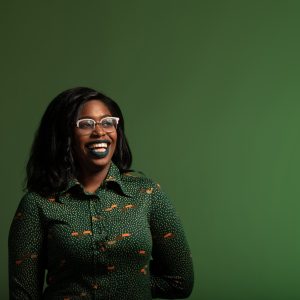
Kenesma John earned an M.Ed. in Curriculum and Instruction at the University of St. Thomas, and she is an experienced teacher with a demonstrated history of working in the primary education industry. She is currently a Ph.D. student in the Teachers, Schools, and Society program at the University of Florida. Her research agenda is centered on Black Immigrants, Black Feminist Thought/Black Girlhood Studies, and Culturally Responsive Teaching/Learning. Kenesma ultimately hopes to become a university professor in the near future.
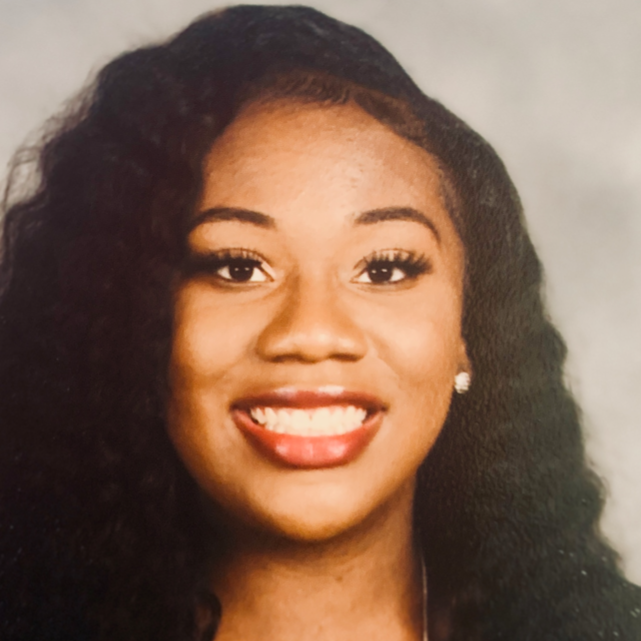
Ebonie Jones is a doctoral student in Curriculum and Instruction specializing in Teachers, Schools, in Society. As a former student and teacher in predominantly black low-income schools, Ebonie’s research focuses on the deracialization of school spaces in impoverished communities. She also interrogates how poverty influences academic achievement and student well-being. Through counter-storytelling and critical scholarship, Ebonie’s research pays homage to her lived experiences; counteracting the structural inequities students of color that continue to endure today.
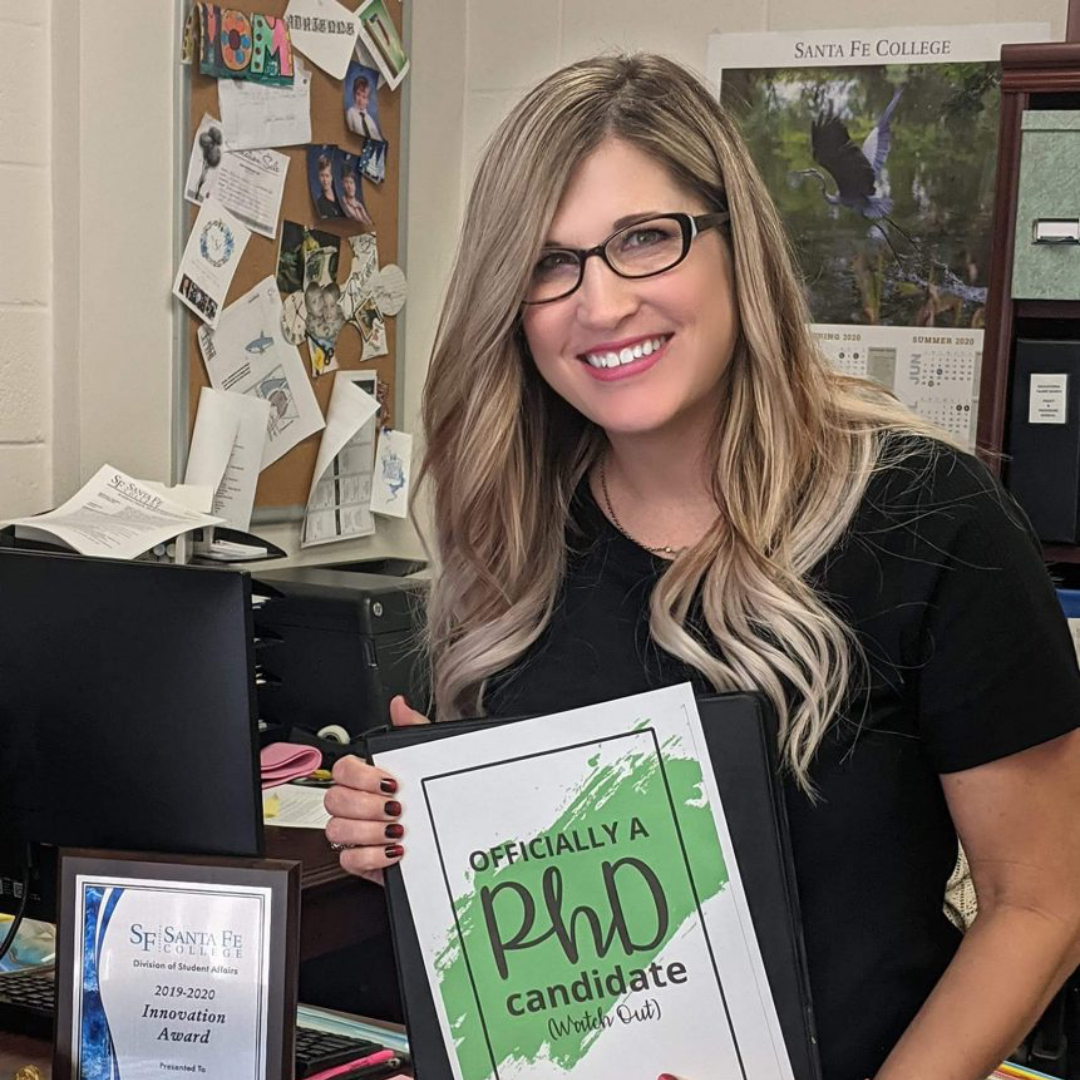
Adrienne Provost is from Gainesville, Florida. She earned a B.A. in English Education from the University of South Florida and an M.A. in English Literature from Southern New Hampshire University. Adrienne is the Director of TRIO programs at Santa Fe College. In this role, she has assisted in expanding federally-funded Department of Education grants at the institution, extending higher educational opportunities to over 2,000 low-income, first-generation students across seven counties in North Central Florida. Nationally recognized for her work in innovative programming, Provost received the 2020 Association of Florida Colleges Student Development Exemplary Practice Award, the 2020 Workforce Adult and Continuing Education Commission Exemplary Practice Award, the 2019-2020 Santa Fe College Innovation Award, and the 2017-2018 Robert B. Primack Memorial Foundations of Education Endowment. She is a graduate of the Association of Florida Colleges Certified College Professional program and a member of the 2021 Association of Florida Colleges Next Level Leadership inaugural class. Her passion for expanding higher education access and equity are the cornerstones of her professional career. Adrienne’s academic interests include the history of higher education, community colleges, humanistic education, general education, and higher education policy & legislation. Her current research concerns the ideological influences undergirding the founding mission and purpose of the community college in the United States and the resulting political, social, and economic tensions that arose during a national shift toward neoliberalism.
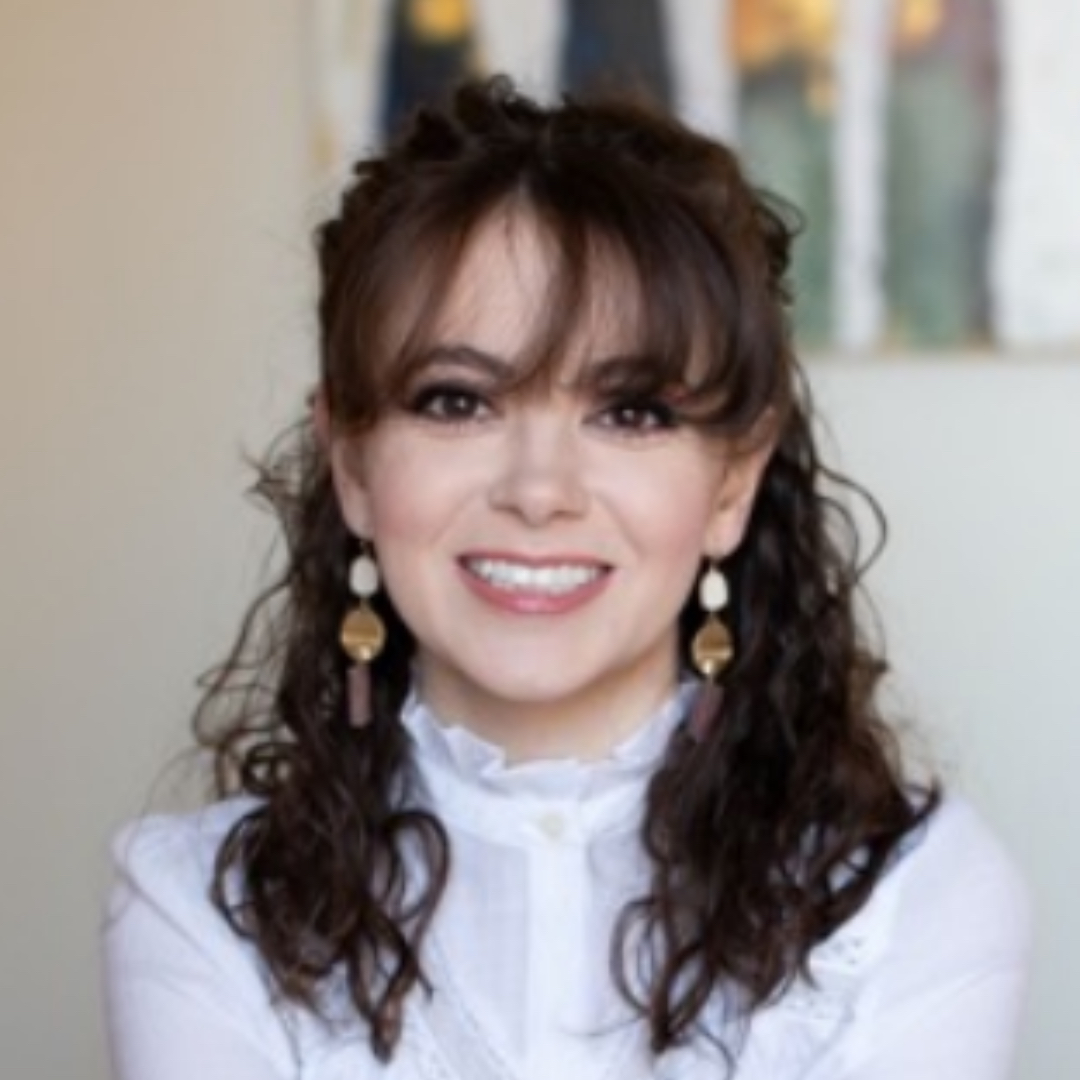
Anna Rodell is originally from Memphis, Tennessee. Her academic interests include intersections of race, language, and colonialism; culture and identity; and Latine studies. Anna earned a B.A. in Latin American Studies (Cum Laude) from Rhodes College and an M.A. in Latin American Studies from the University of Florida. As an undergraduate, Anna worked in immigration legal services in Memphis, assisting with asylum, DACA, and temporary protected status cases across the Mid-South. She came to recognize the pivotal role of public schools as an institution encountered by all children, immigrant and U.S.-born, and began to question how schools might be meeting needs or causing harm to Latine students. Her undergraduate research investigated the educational experiences of Latine students in the local school district with a focus on language instruction and resources. During her master’s program, Anna conducted the Center for Latin American Studies’ first capstone project, designing and directing a Spanish literacy program with Latine children of immigrants in North Florida. At the College of Education, she has worked on grant-funded research with Dr. Christopher Busey and taught Sociological and Historical Foundations of Education (EDF 3609) and Critical Issues in Education (EDG 2021). Her research continues to examine the intersections of race, language, and colonialism in the context of educational spaces, digging into the root systems of oppression in hopes of countering them with educational practices of freedom.
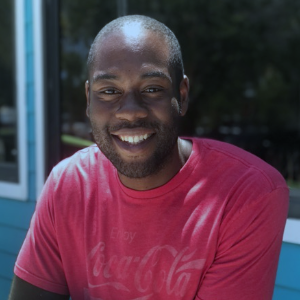
Hank Samuels is from St. Augustine, FL. He received B.A. in Elementary Education with a minor in African American Studies from the University of North Carolina in Chapel Hill. He holds a master’s degree in Educational Leadership and Policy from Florida State University. A former elementary school teacher, Hank is interested in the intersections of teacher education professional development, creativity, and arts integration. He is specifically interested in examining how teacher educators, practicing teachers, and preservice teachers can support the imagination-intellectual development of their students.
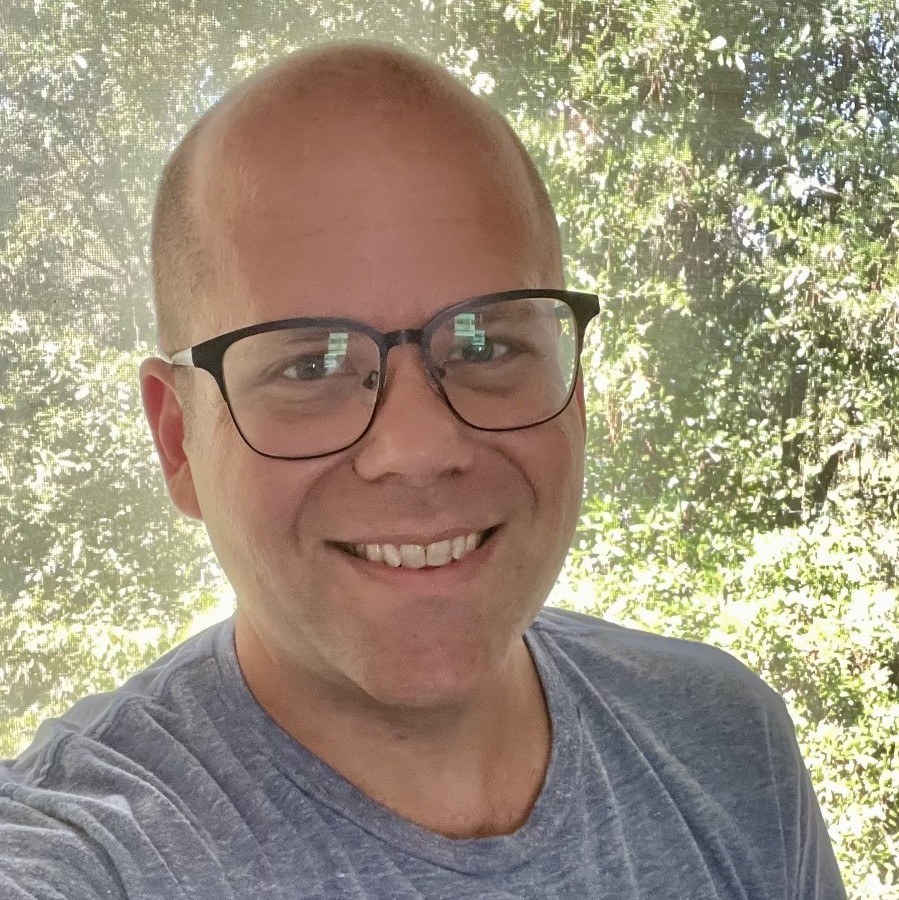
Michael Scofield is originally from Frankfort, Indiana. In 2007, Michael completed his B.A. in English Education at Purdue University, and in 2021, he completed his M.S in Higher Education Administration at Southern New Hampshire University. As a second-generation educator, Michael’s passion for teaching was cultivated when he moved to Florida and taught at a Title I high school. During Michael’s 10 years as a teacher, he witnessed an inequitable system that created barriers for marginalized students especially regarding course offerings. It sparked his interest in advanced academic programs and how they can be leveraged to positively impact students. It is Michael’s hope that through my Ph.D. studies in the Teachers, Schools, and Society program he will be able to gain a better understanding of educational polices that impact marginalized student groups, how to utilize teacher education programs to dismantle social barriers for students, and how advanced academic programs can support long-term educational success for marginalized groups.
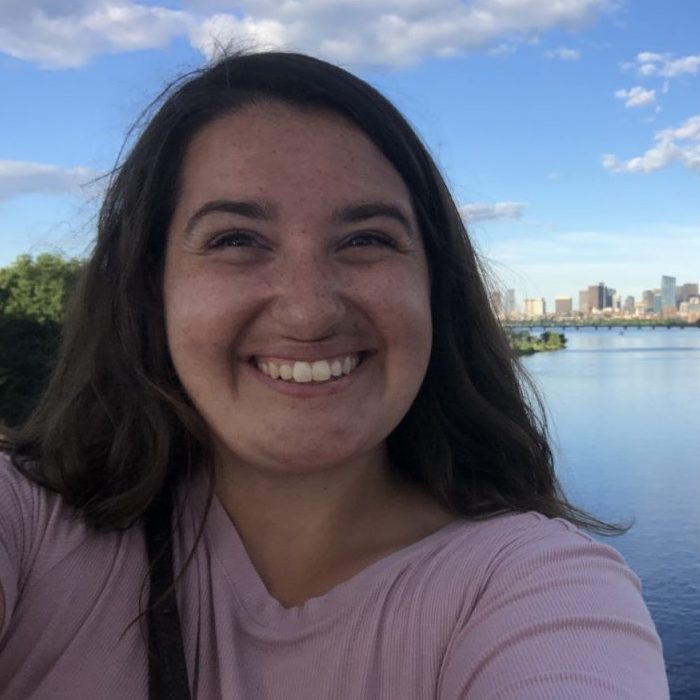
Rachel Silva is from Fall River, Massachusetts. She earned a B.A in Special Education and Creative Writing from Lesley University, and received an M.Ed in Curriculum and Instruction – from Boston College. As a Ph.D. student in Teachers, Schools, & Society, Rachel is also a graduate assistant at the University of Florida’s CEEDAR Center working to reform and realign special teacher preparation programs and policy across the United States. Rachel worked as a special education teacher and reading specialist in the Boston area for 6 years, working to support student literacy skills, curriculum development, and teacher training in a variety of public and private school settings. She has also worked internationally in Guyana, Bolivia, Greece, and Peru to develop teacher training programs regarding inclusive education practices. Rachel’s academic interests include general education and special education teacher preparation, teacher licensure, teacher collaboration, equity in education
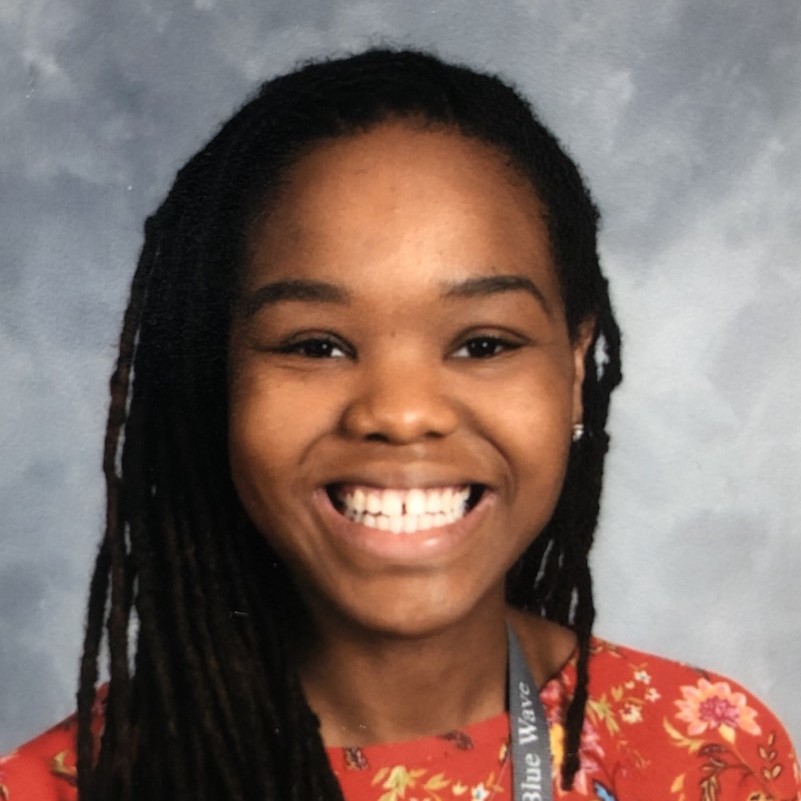
Jalea Turner was born and raised in Florida. A two-time Gator, she attended the University of Florida (UF) for her undergraduate and graduate studies. Jalea earned a B.A. in Elementary Education (K-6) (Cum Laude) and wrote a thesis entitled “Integrated Play into the Early Childhood Science Curriculum.” In 2017, she completed her master’s in Special Education (K-12) with an emphasis on reading education and intervention through UF’s Dual Certification ProTeach Program. Upon graduation with her master’s, Jalea accepted a teaching position at PK Yonge Development Research School as a first-grade instructor, where she currently works as a full-time educator. Jalea is completing her fourth year as a classroom teacher and thoroughly enjoys putting research into practice with the future generation of leaders. As an educator deeply committed to social justice and the prosperity of all students, especially those from marginalized communities, Jalea co-leads PK Yonge’s subcommittee focused on the hiring and retention practices for teachers of Color and is a founding member of PK Yonge’s Racial Equity Council. During a global pandemic in Fall 2020, Jalea began her doctoral studies (Curriculum & Instruction, Teachers, Schools, and Society) under the guidance of Dr. Coleman-King with the support of many beloved faculty members at UF. Her research interests include teacher education centered on justice, teacher well-being and mental health, teacher professional development, supporting teachers of Color, and racialized trauma in education.
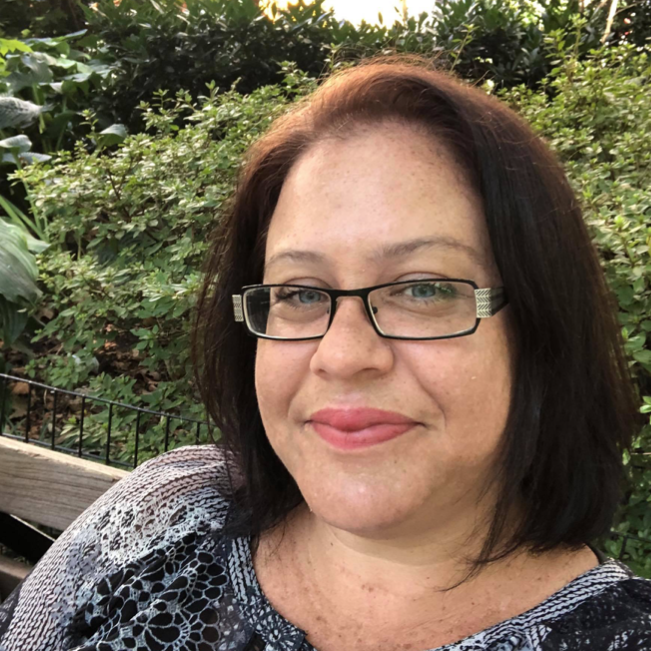
Nicole Weingart was born and raised in Tampa, Florida and attended the University of South Florida earning her bachelor’s degree in Elementary Education with a minor in Leadership Studies and her master’s degree in Educational Leadership. An experienced educator, she worked for 15 years as a teacher in Hillsborough County “achievement” schools focused on providing quality, culturally-responsive instruction to students in low-income communities. Throughout her time in the classroom, she also worked as a curriculum designer and professional development trainer for the district. Her continued passion for social justice and equity in education has led to her pursue her Ph.D. under the guidance of Dr. Vicki Vescio at the University of Florida. Her research interests include systemic inequities in schools and districts, culturally-responsive curriculum and pedagogy, and teacher preparation and professional development for social justice and equity.
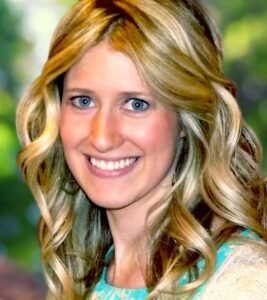
Lauren Weisberg is a second-year Ph.D. student in Curriculum and Instruction specializing in Teachers, Schools, and Society and Educational Technology. She earned a Bachelor of Fine Arts degree from Syracuse University in Interior Design, a Master of Arts in Teaching degree from The University of the Arts in K-12 Art Education, and a Master of Science degree in Organizational Performance and Workplace Learning and Graduate Certificate in Workplace e-Learning and Performance Support from Boise State University. She taught high school visual arts and technology education for over a decade outside of Philadelphia before working as an instructional designer and e-learning specialist in higher education. Her research interests are at the intersection of teacher education and educational technology with a focus on equitable, innovative, and student-centered pedagogy.
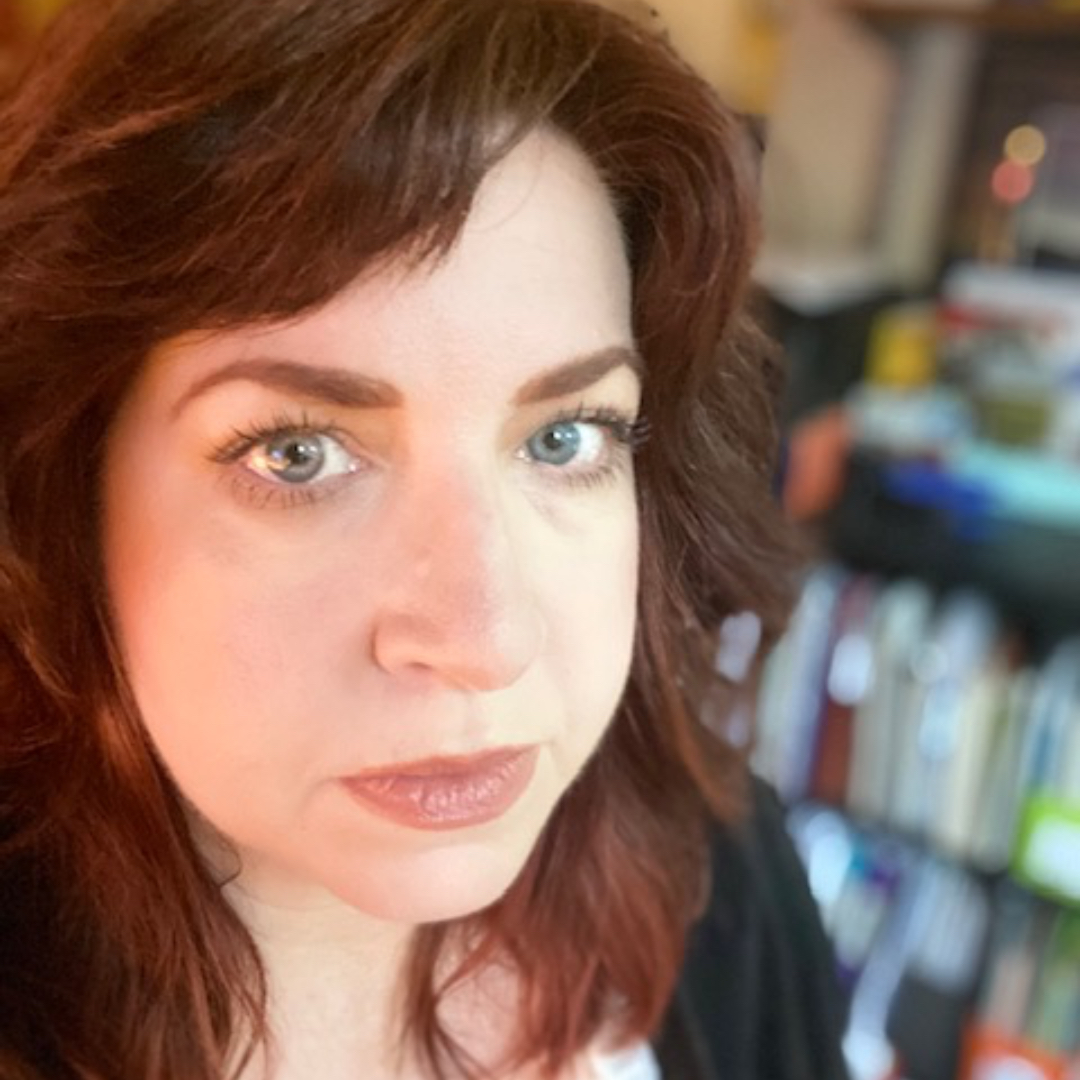
Sage Wright is a Ph.D. candidate in the College of Education and a recipient of the Graduate School Preeminence Award Fellowship. She is pursuing a degree in Curriculum and Instruction and her research encompasses features of teacher preparation, social justice, and the social foundations of education. Originally from Staunton, Virginia, Sage earned a B.S. in Russian Language & Culture from Georgetown University and an M.A.T. in Special Education & Gifted Education from Mary Baldwin University. A former special education teacher, Sage has spent the past several years engaged in multidisciplinary investigations concerning deficit ideologies and their manifestations in U.S. society and its schools. Her academic interests include curriculum theory, arts-based practices, disability studies in education, mad studies, social foundations of education, and teacher education. Sage’s qualitative dissertation will examine the sociopolitical ideologies of undergraduate teacher candidates using a/r/tography and reflexivity work, with the aim of learning more about the ways teacher candidates’ early school experiences and social outlooks relate to their emerging teaching philosophies. After completing her degree, Sage hopes to secure a teacher education faculty position in which she can continue to support teacher candidates in exposing and challenging structures of inequity like white supremacy, ableism, and eugenics. At UF, she currently serves as Vice President of Operations on the Disability Honor Society’s executive board, having previously served on the Student Alliance of Graduates in Education executive board and the Graduate Student Council.




